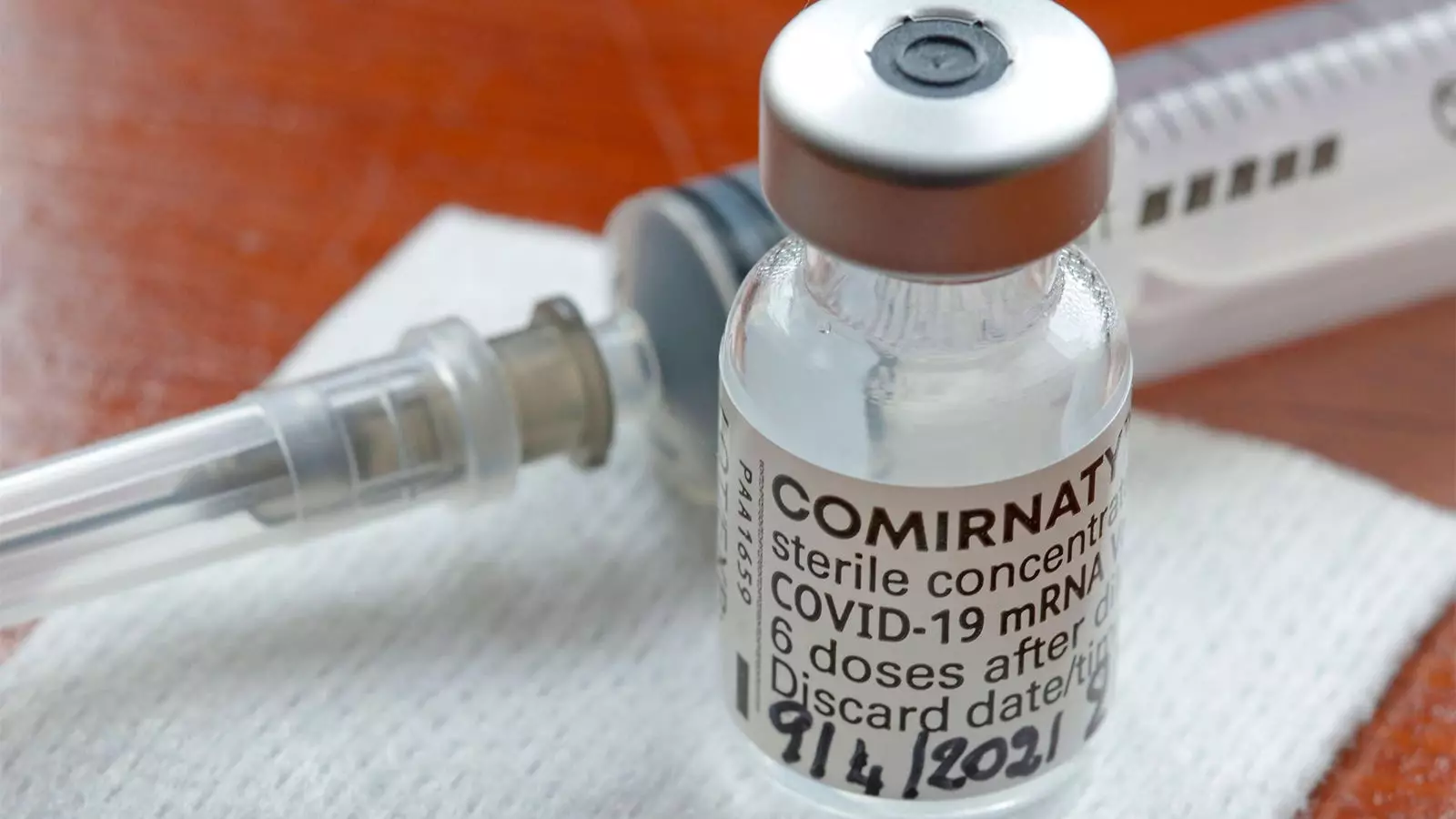A recent multisite retrospective cohort study conducted by Elyse Kharbanda, MD, MPH, and colleagues at the HealthPartners Institute in Bloomington, Minnesota, found that receiving an mRNA COVID-19 vaccine during the first trimester of pregnancy did not lead to an increased risk of major structural birth defects. The study revealed that major structural birth defects occurred in 1.48% of infants following a first-trimester vaccination, which was similar to the rate of 1.41% in infants who were not vaccinated during the first trimester. The adjusted prevalence ratio was 1.02, with a 95% confidence interval of 0.78-1.33.
The authors of the study concluded that these findings should provide reassurance to pregnant individuals and their obstetric care providers. The research, described as a “big data study,” utilized data from Vaccine Safety Datalink sites, known for their comprehensive data on COVID-19 vaccine exposure and robust algorithms to identify pregnancies, link mothers and babies, and detect birth defects. Kharbanda emphasized that other vaccines administered in the first trimester have not raised safety concerns regarding birth defects, and it is essential to study these outcomes to alleviate concerns among pregnant individuals.
It is well-documented that contracting COVID-19 during pregnancy increases the risk of pregnancy complications and adverse birth outcomes. The American College of Obstetricians and Gynecologists recommends that pregnant individuals receive the COVID-19 vaccine at any stage of pregnancy. This study contributes to a growing body of research supporting the safety of mRNA COVID-19 vaccination for pregnant individuals and their babies. Previous research has indicated that the vaccine is safe for infant brain development and reduces the risk of adverse neonatal outcomes.
The study observed that cardiac defects were the most prevalent birth defects in both the first-trimester vaccinated and unvaccinated groups, with no significant difference between the two groups. Neural tube and gastrointestinal defects showed slightly higher prevalence in the first-trimester vaccinated group, although not statistically significant. However, kidney and genitourinary defects were less prevalent in the first-trimester vaccinated group. The study included data from eight health systems across multiple states and compared pregnant individuals who received mRNA COVID-19 vaccines in the first trimester with those who were either unvaccinated or received the vaccine at a different time.
The authors acknowledged several limitations of the study, including the exclusion of pregnancies that did not result in live births, which may have excluded severe birth defects leading to stillbirth. Data on folic acid use were not available, and only birth defects diagnosed by four months of age were included in the analysis. Furthermore, the study focused exclusively on mRNA COVID-19 vaccines and did not consider other types of vaccines administered during pregnancy.
The study provides valuable insights into the safety of mRNA COVID-19 vaccines when administered during the first trimester of pregnancy. The findings offer reassurance to pregnant individuals and healthcare providers regarding the lack of increased risk of major structural birth defects associated with first-trimester vaccination. Continued research and monitoring are essential to further understand the impact of COVID-19 vaccination on pregnancy outcomes and infant health.


Leave a Reply